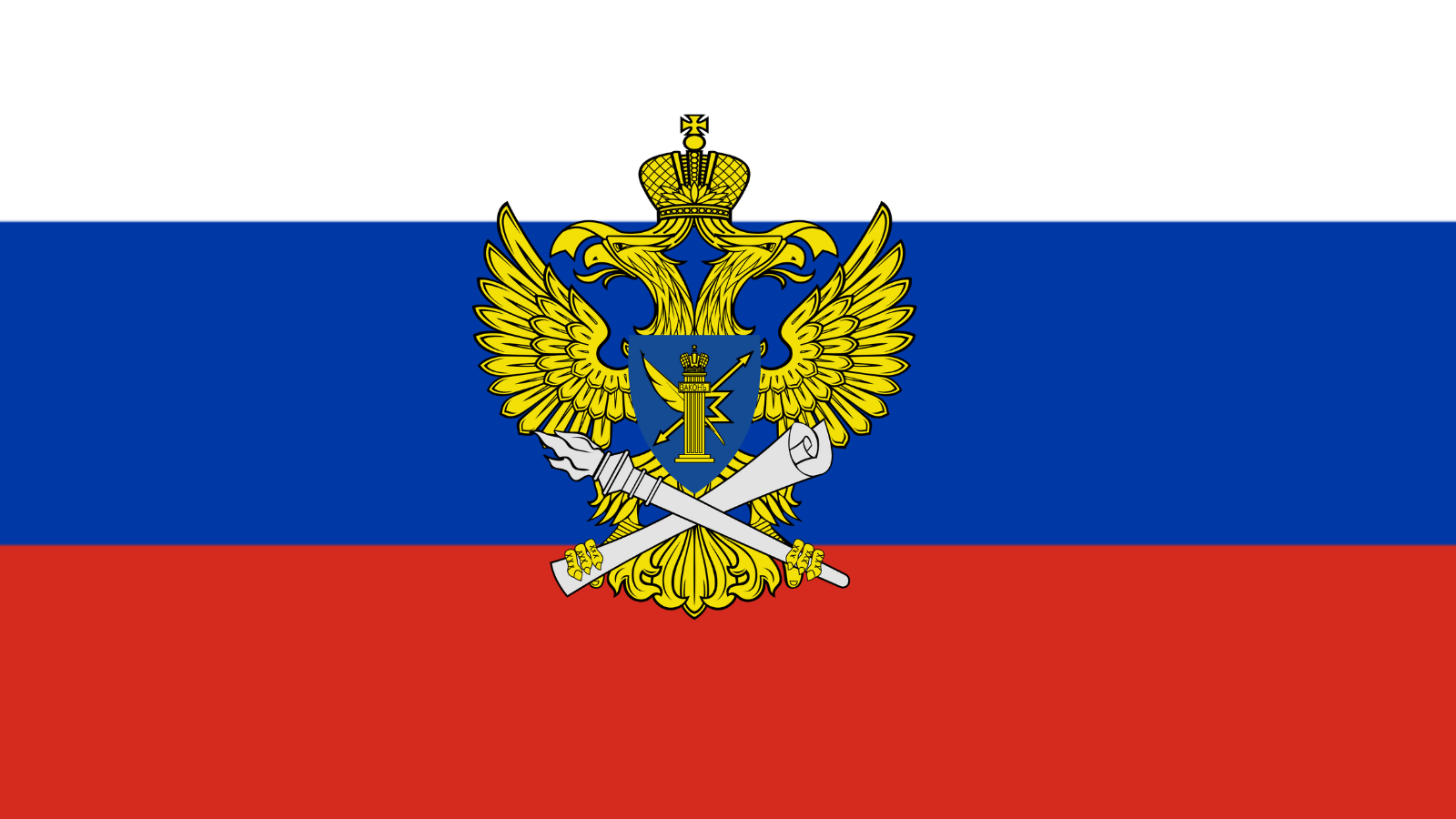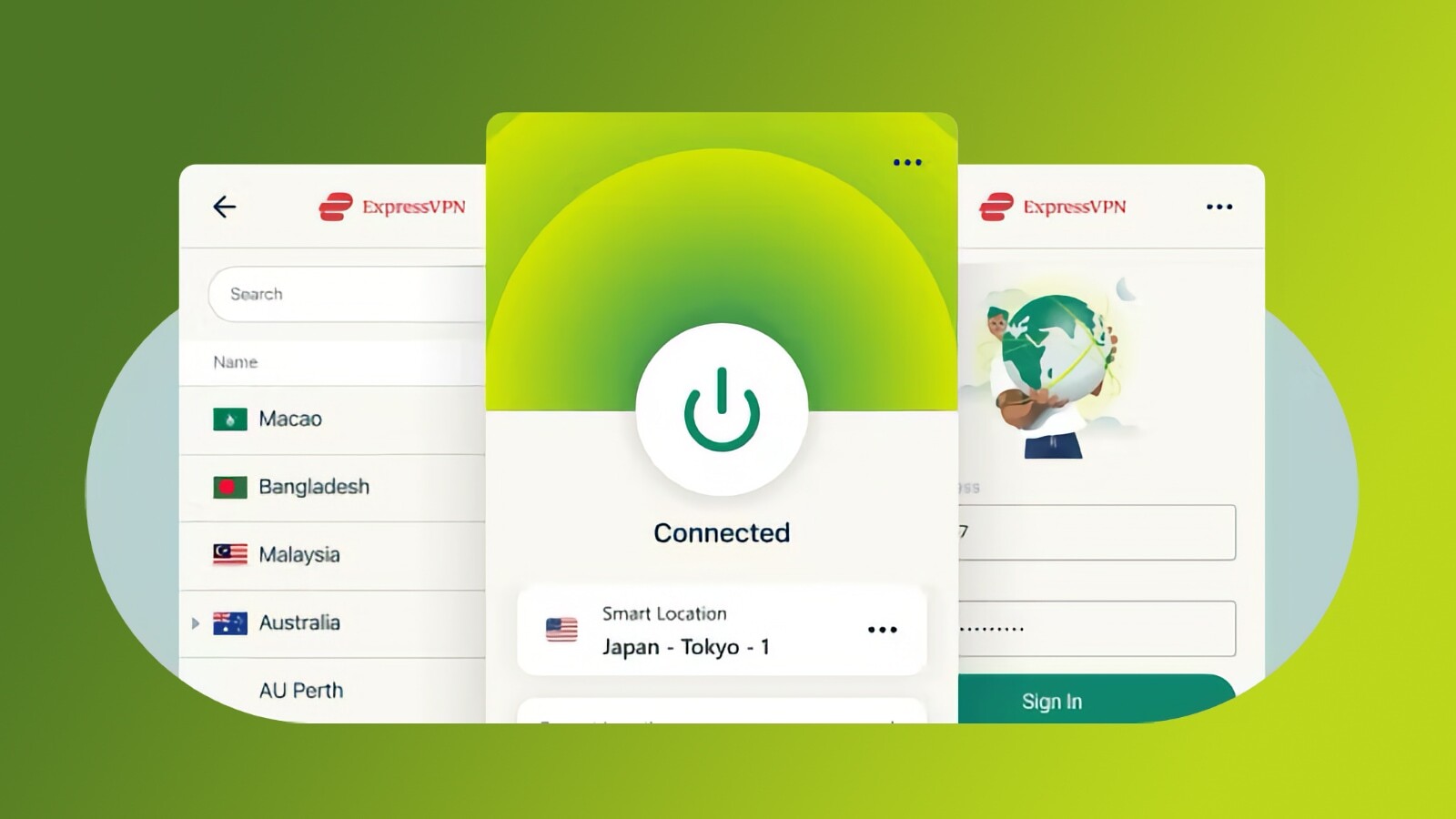
Russia Blocks ExpressVPN, NordVPN, and IPVanish for Failure to Comply With Censorship Rules
- Roskomnadzor has announced some pretty shaking bans today, blocking six VPN service providers.
- The list includes Hola! VPN, ExpressVPN, KeepSolid VPN Unlimited, Nord VPN, Speedify VPN, and IPVanish VPN.
- These services were found to be bypassing access restrictions using a variety of methods and tricks.
The Russian internet watchdog, Roskomnadzor, has announced the blocking of six more VPN service providers in addition to those already banned in the country. The reason is again failure to comply with specific content censorship requirements that apply in the country.
The new set of VPNs that are now blocked in Russia includes Hola! VPN, ExpressVPN, KeepSolid VPN Unlimited, Nord VPN, Speedify VPN, and IPVanish VPN. The set is a mix of free and unreliable services and trustworthy household names in the industry, so the impact of this move is widespread.
As Roskomnadzor explains in the relevant announcement, all VPN service providers who offer their products in Russia should comply with the censorship rules that apply there - more specifically, paragraph 5 of Article 15.8 of the Federal Law No. 149-FZ of 27.07.2006.
Compliance is achieved by connecting to the FGIS database, which is a dynamic repository of domains that shouldn’t be accessible from within Russia. VPN providers were offered the opportunity to operate freely on that condition and also on the condition to operate offices and servers in the country where all local user data would be stored.
Some of the VPN vendors that were blocked in Russia today declared unwillingness to comply with the new rules since day one and planned to implement alternative methods to continue to serve their Russia-based users, such as establishing servers right at the borders of adjacent countries or deploying clever restriction circumvention methods inspired by the same tricks that are used against China’s “Great Firewall.” Whatever approach they followed, the Russian state has now caught up with them, and the regulatory ax has fallen upon them.
As the internet regulator states, these services were using blocking bypass methods, allowing users to access prohibited information and resources. The agency received reports about this from 64 industry organizations detailing the ability to access FGIS-marked domains through more than 100 IP addresses belonging to the VPN services.
This is the same fate that found VyprVPN and OperaVPN in June, and the reasons are the same. Routing traffic through servers that reside outside the country is still a violation of the applicable Russian laws, and Roskomnadzor makes it clear that it won’t be ignored.
The only somewhat trustworthy VPN service you can still use in Russia and not break any laws is Kaspersky Secure Connection VPN, which is fully compliant with the FGIS domain block requirements. If you’re ok with that, give it a go. If not, Private Internet Access, Surfshark, and CyberGhost VPN should still be operational for Russian users, so you can test those out instead if you are prepared to take the risk of uncompromising access.










